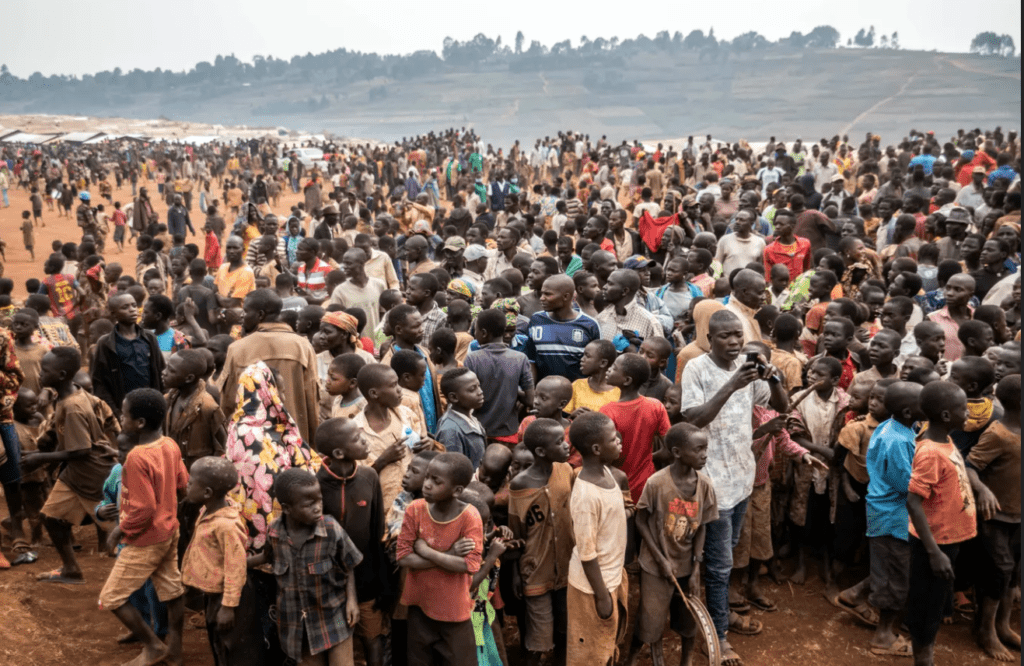About 1 in 4 Australians are still waiting to be paid back for money lent to friends over the past 12 months as the cost of living crisis worsens, experts say.
New research by Finder, Australia’s leading comparison website, sheds light on a widespread issue affecting 4.9 million Aussies who have generously lent funds to friends, only to be left in the lurch.
The survey identified common scenarios where debts remain unpaid – splitting bills at restaurants, sharing group presents, and purchasing event tickets topped the list of situations leading to unresolved financial transactions.
Sharing a taxi or Uber, covering travel expenses, and even informal gambling bets also emerged as sources of unpaid loans.

Sarah Megginson, a personal finance expert at Finder, said millions of Australians find themselves in a predicament where they’ve extended a financial hand to friends but have yet to see their generosity reciprocated.
“In this economic climate, so many people are financially struggling and they may be a little less eager to chip in for the Uber or repay their part of the meal,” Megginson said.“Shouting a friend as a one off is one thing, but generous friends can really be taken advantage of when this becomes a regular pattern.”
Unveiling a gender divide, the research indicates that women (28%) are more likely to be on the losing end of these financial transactions compared to men (20%). The reasons behind this gender disparity remain unclear, but the numbers suggest that women may be more trusting or generous when it comes to lending money within their social circles.
Megginson urged consumers to be wary of friends who take advantage of them. “Mooching breaks trust and can strain a relationship, but even worse, it could cause financial problems for the friend left holding the bag,” she said.
She added that it was a good idea to put boundaries in place.“If your friend is living beyond their means, their first step is to rein in spending, not rely on you to fund their life,” Megginson said.“That might mean they have to miss out on some celebrations or social events.”
Further insights from Finder’s research unveiled that a significant portion of Australians, 55%, have chosen not to lend money to friends at all. Only 21% of respondents reported that their friends consistently repay borrowed funds.
As Australians grapple with the economic aftermath of the global pandemic, the findings underscore the financial strains faced by individuals who may have lent money with the expectation of timely repayment. Sarah Megginson urges Australians to approach financial dealings with friends cautiously and encourages open communication to avoid any strain on personal relationships.
The research serves as a wake-up call for Aussies to be mindful of their financial interactions with friends, fostering a sense of responsibility and accountability in managing shared expenses. As millions await repayment, Finder’s revelations highlight the need for a candid conversation on financial expectations within friendships to avoid the pitfalls of unresolved debts.
Megginson said there are steps you can take to get back the money you’ve loaned.“The sooner you speak up the better – don’t let too much time pass before voicing your concerns and don’t let any awkwardness get in the way of being upfront,” she said.“It’s better for your relationship to communicate and clear the air, than to say nothing and simmer in silent resentment.”If you’re owed a significant amount of money, put your request in writing – a text message or email is fine. If that gets you nowhere, you can send a letter of demand, clearly outlining how much you are owed and ask that it be repaid within a certain time frame. “If you receive no response, you can lodge a minor debt dispute with your state or territory’s tribunal for resolving matters like this.”

